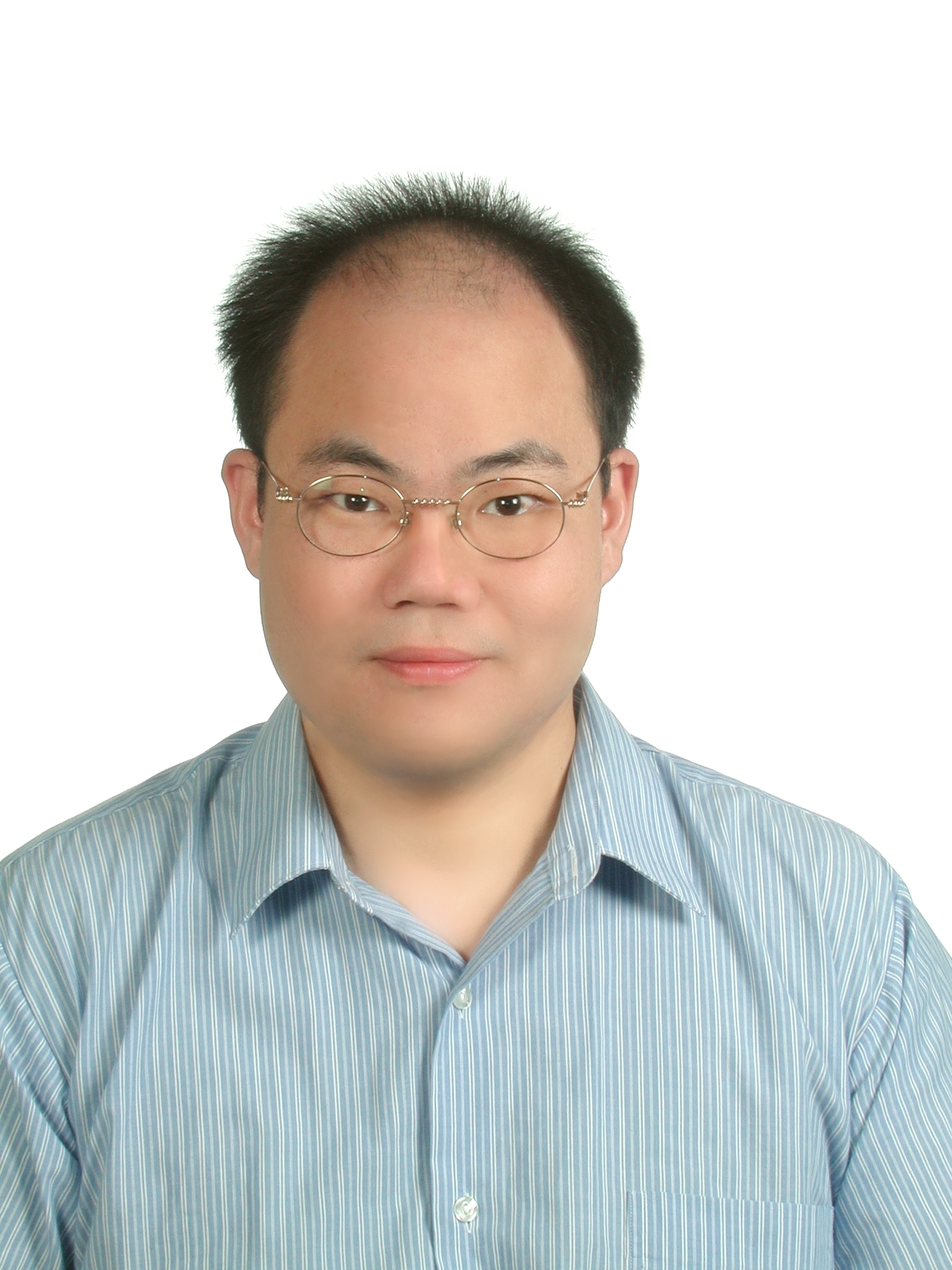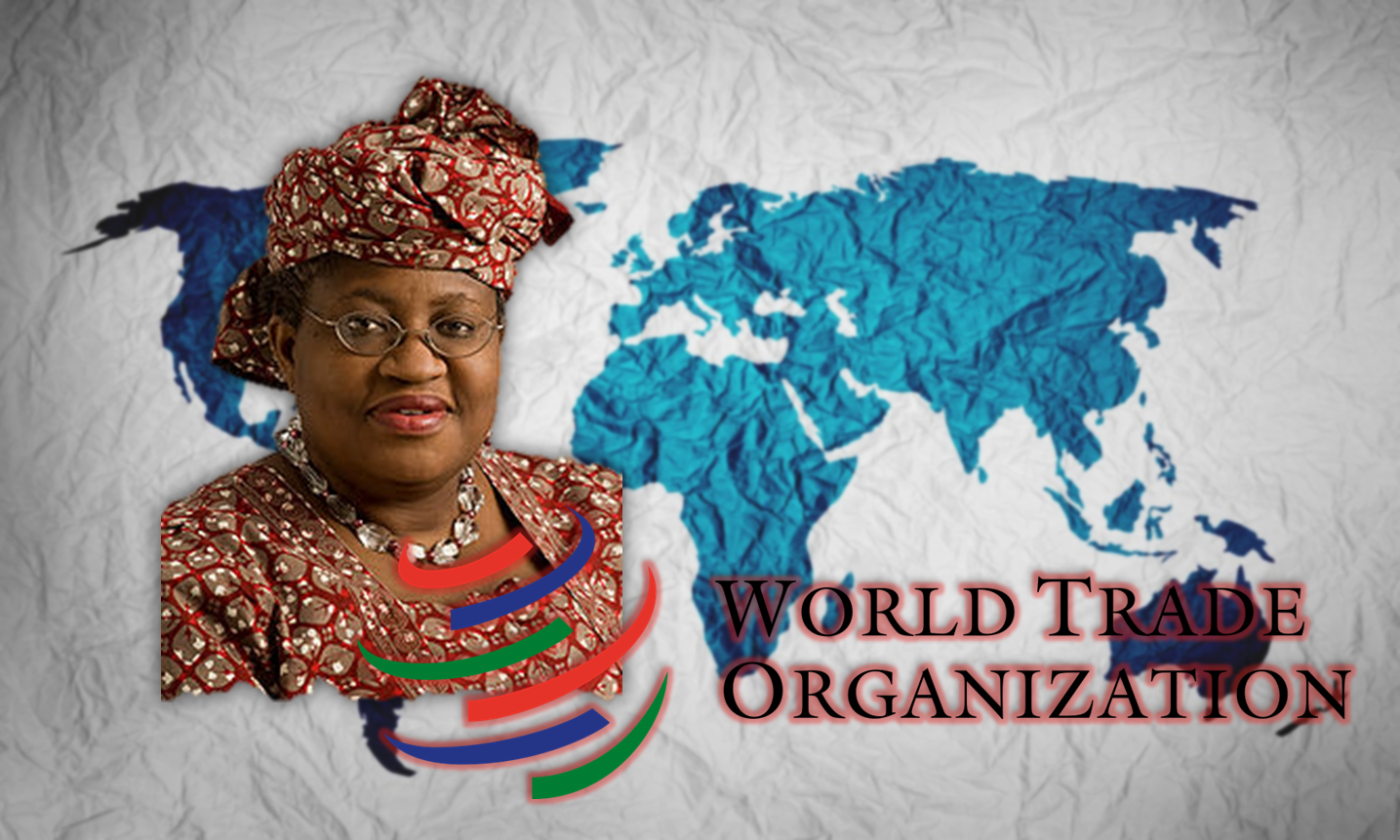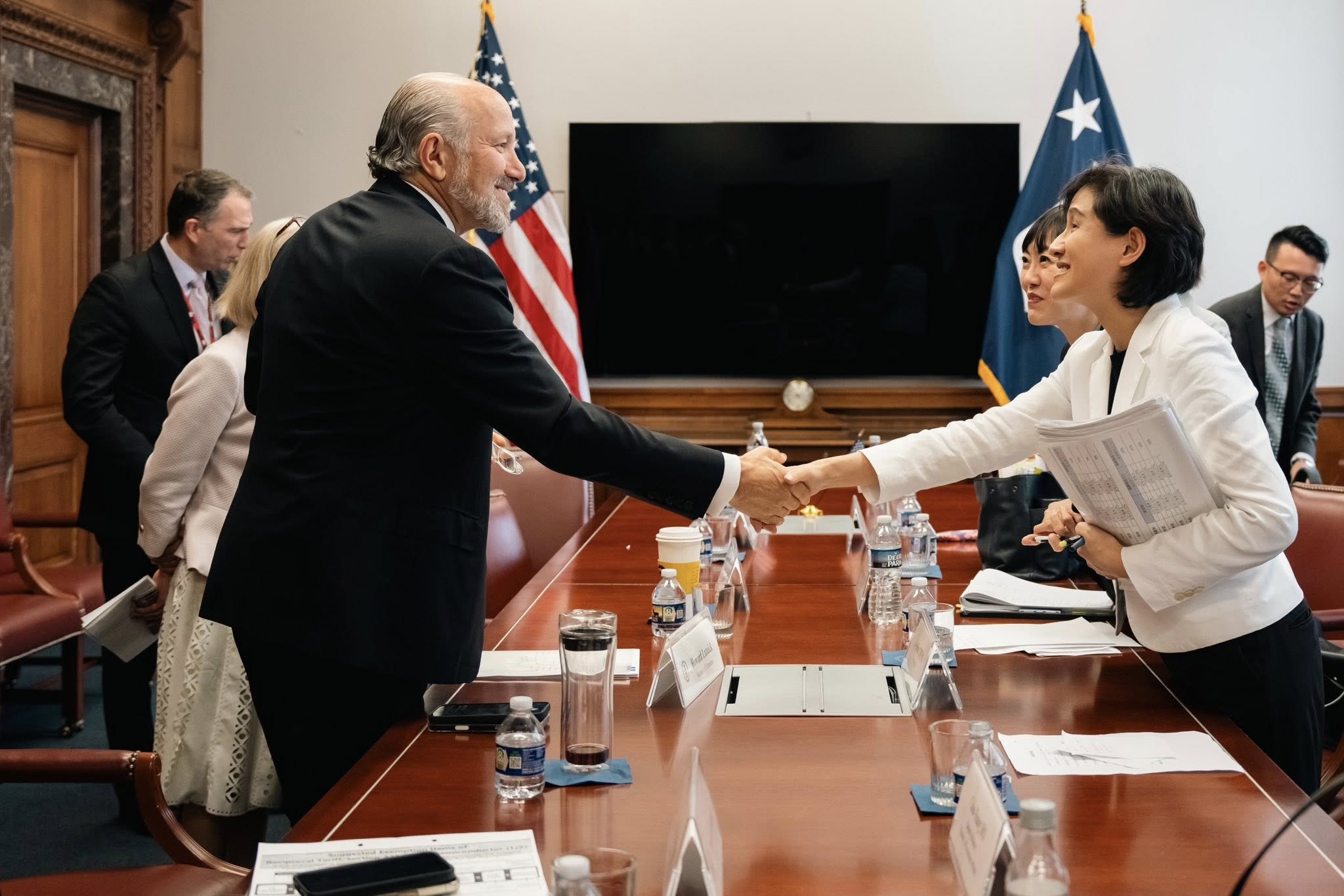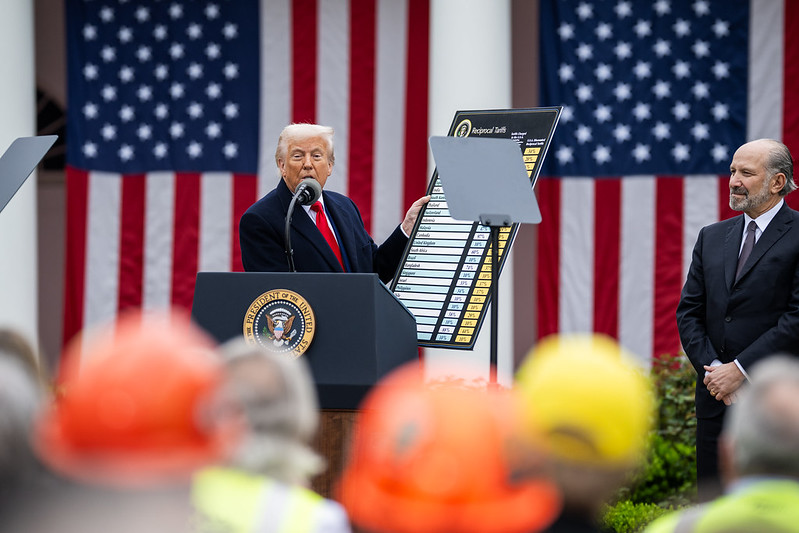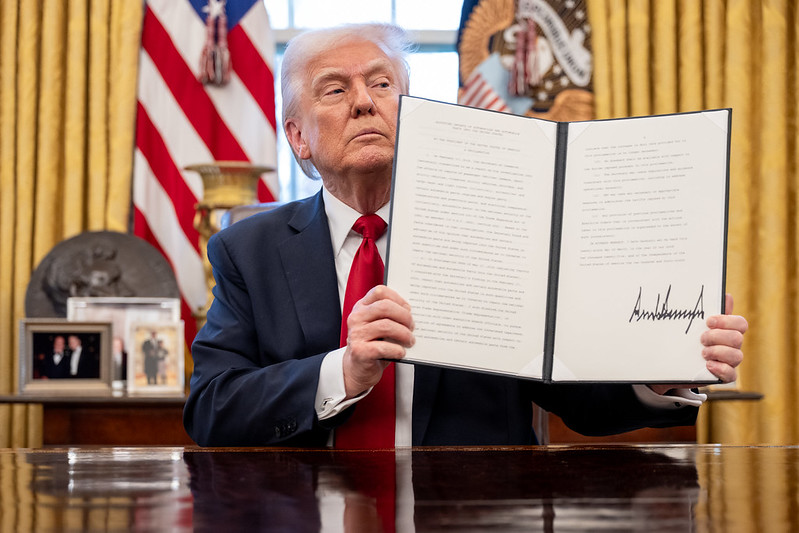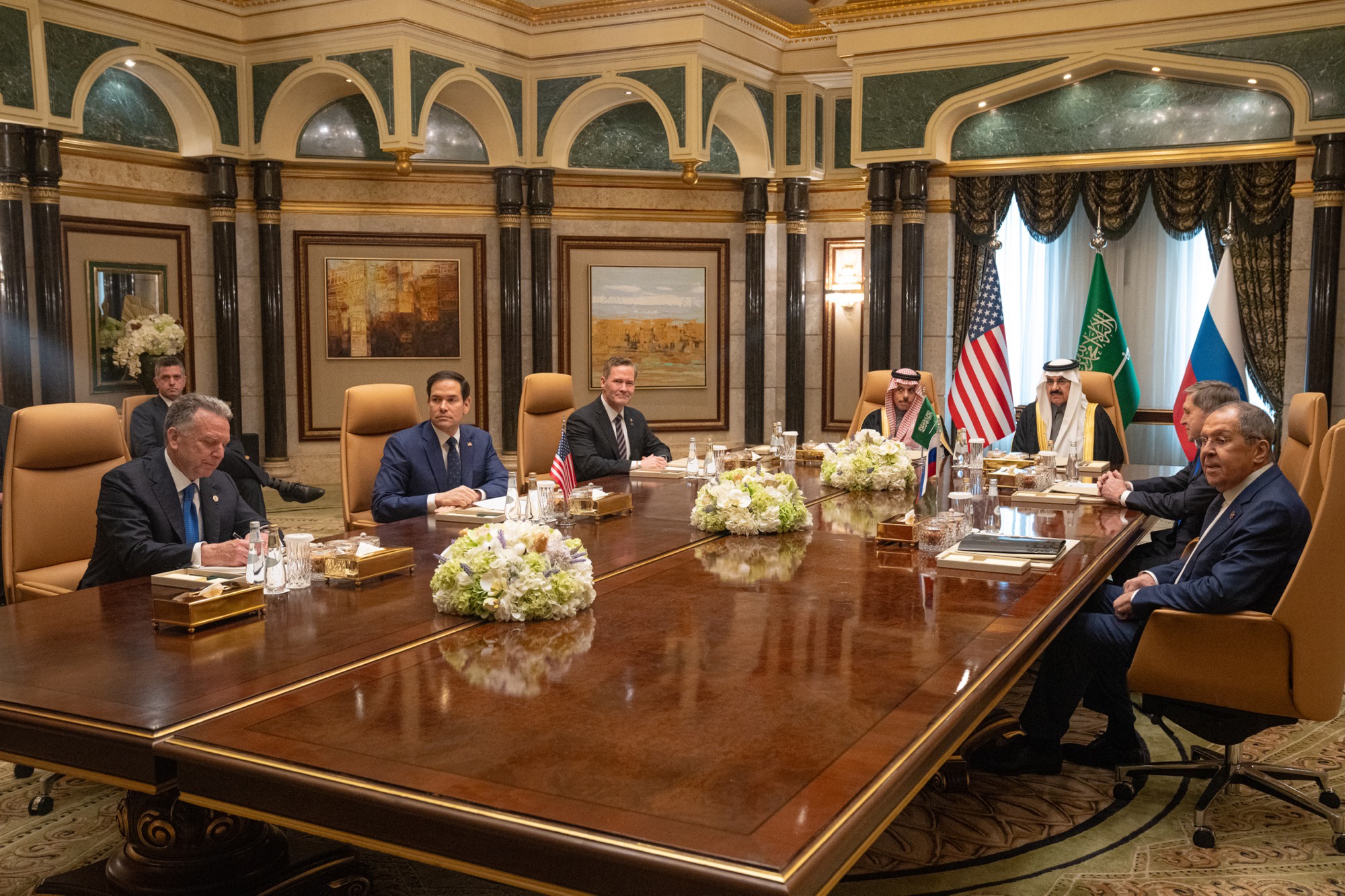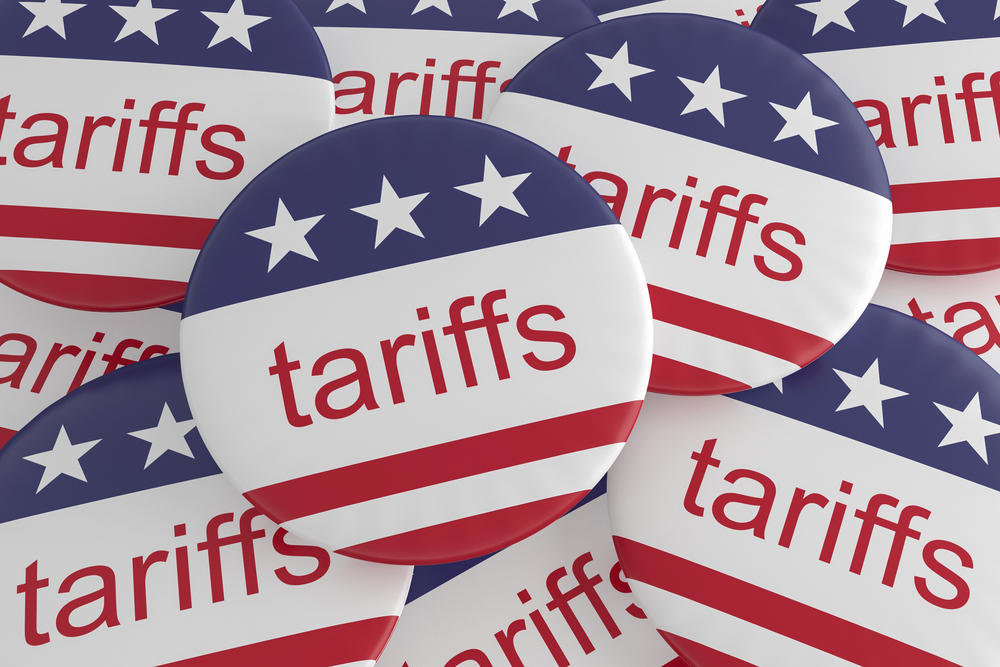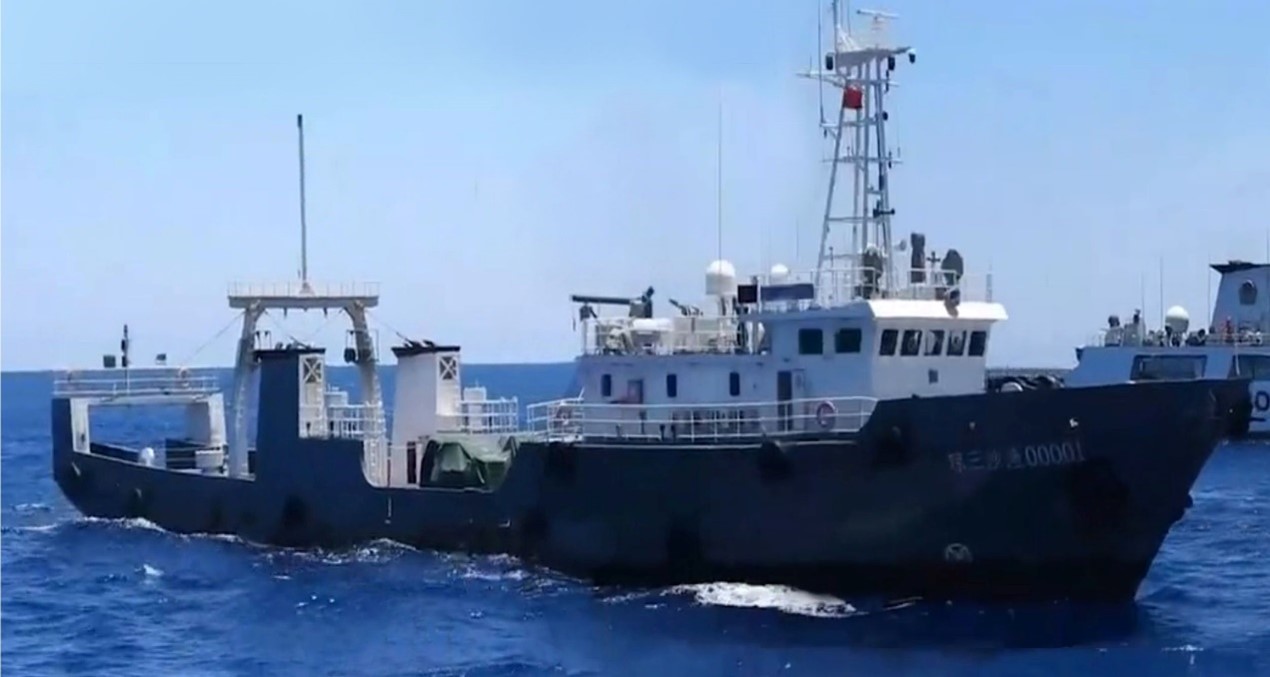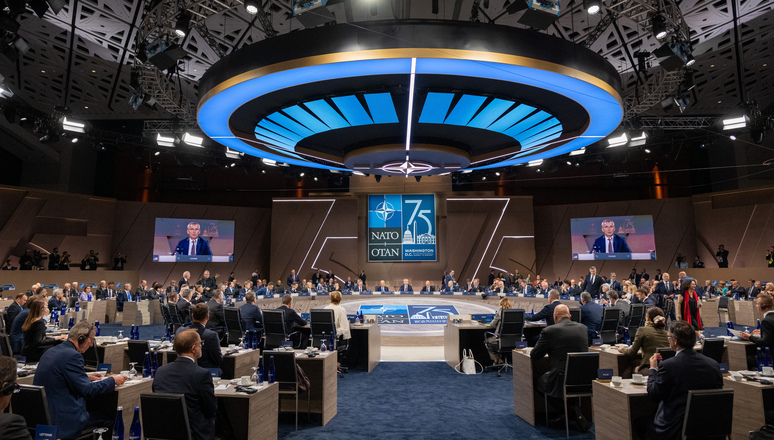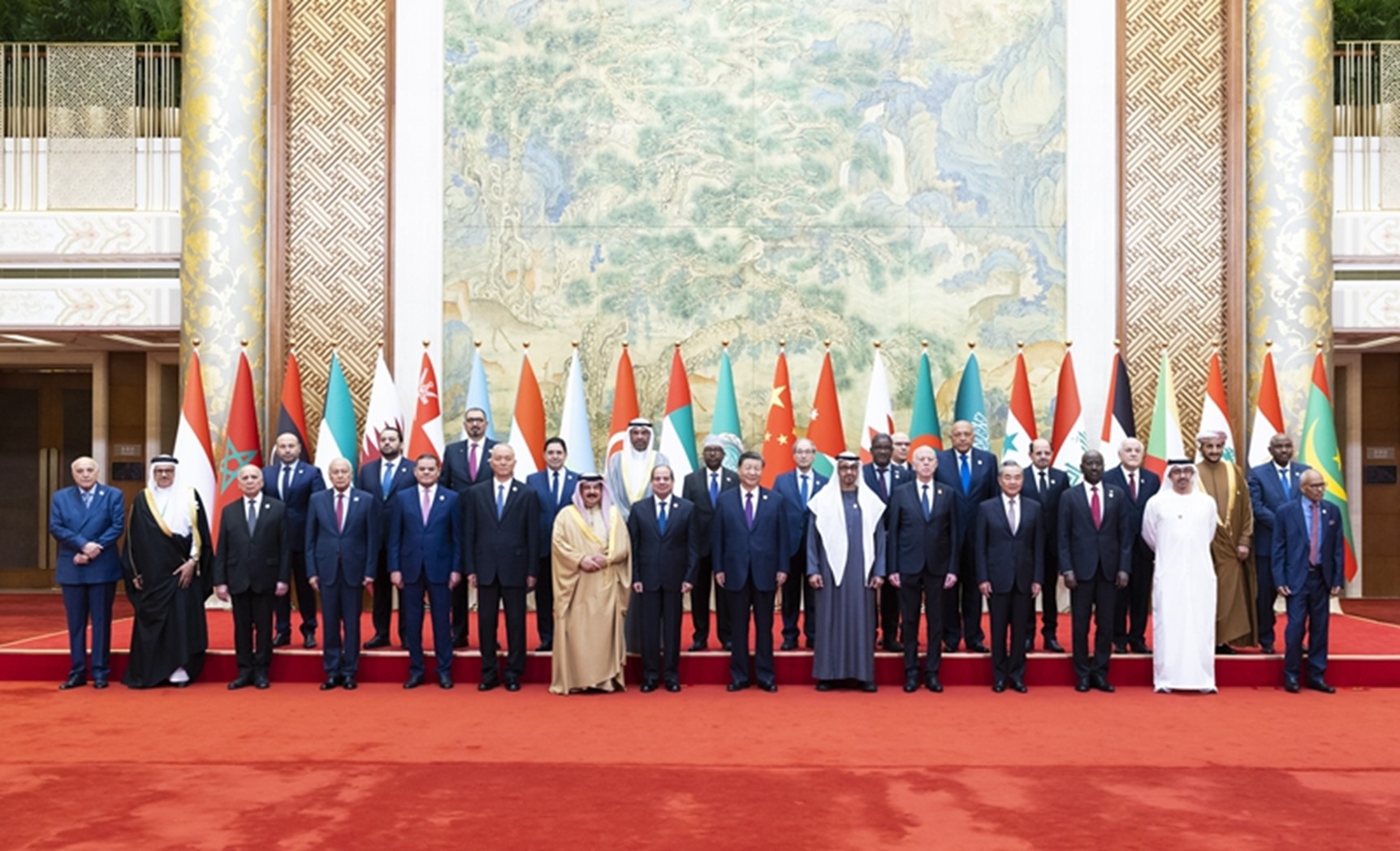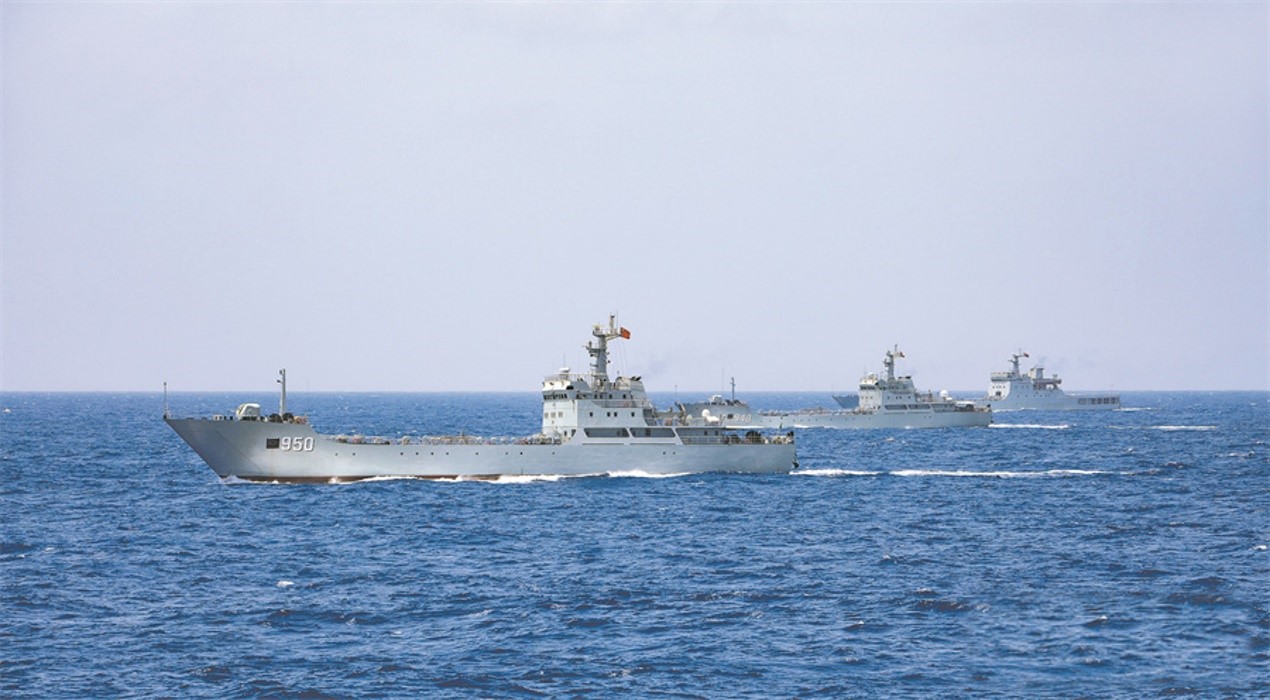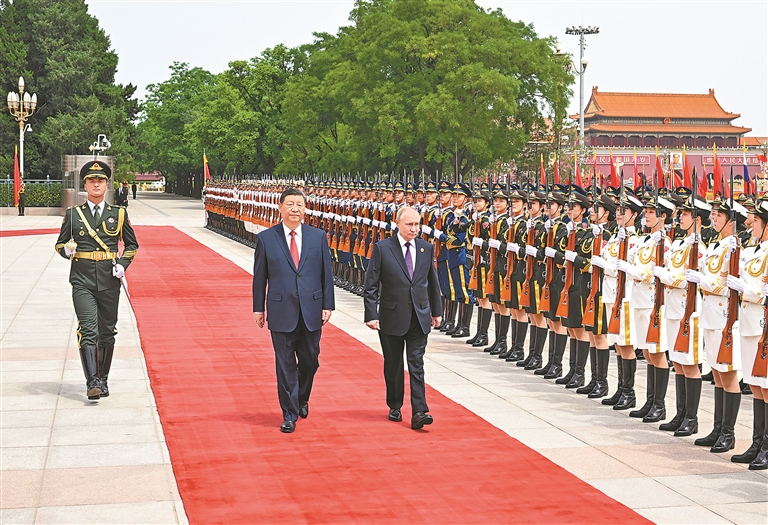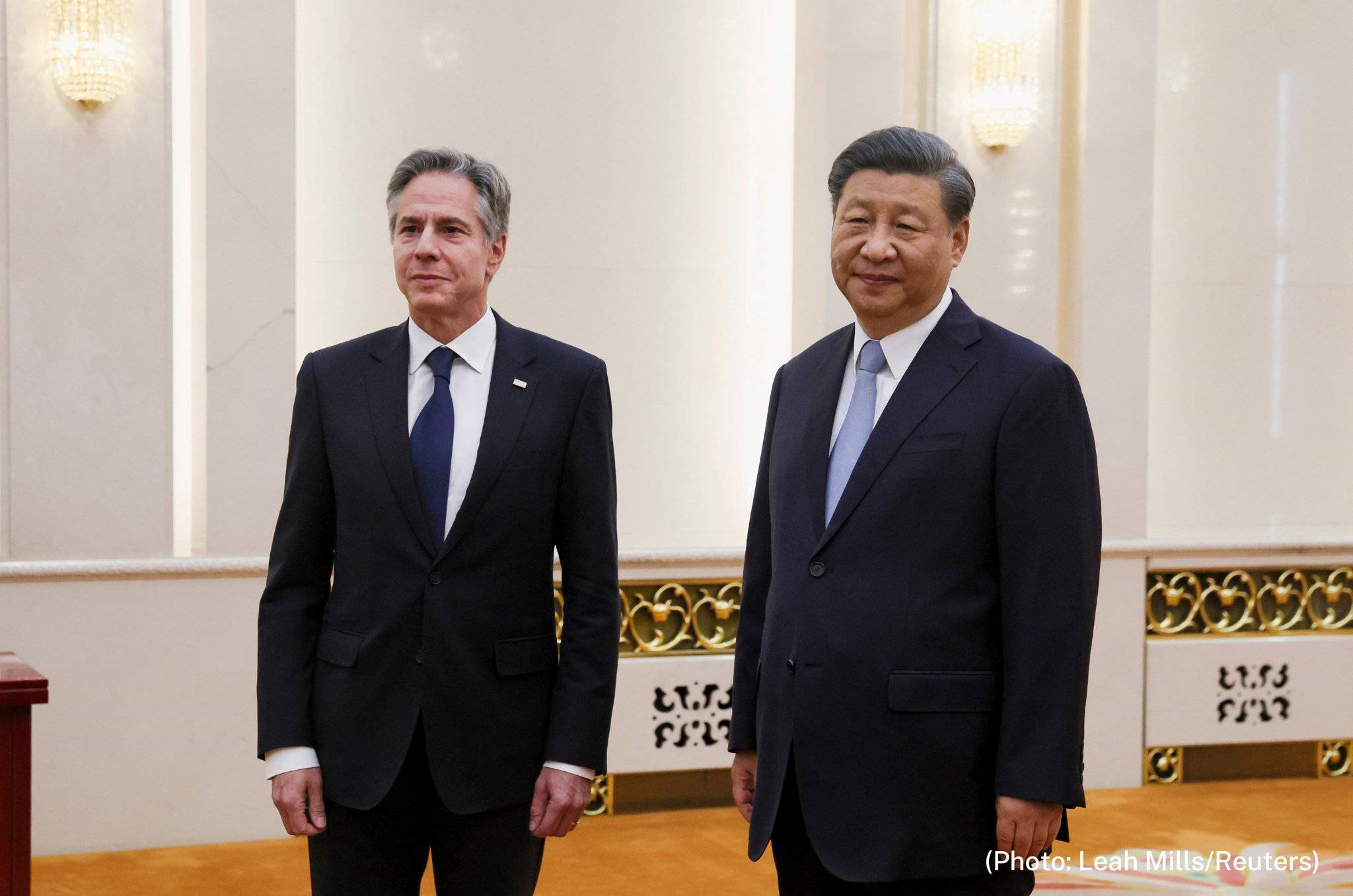The Challenge of a Post-Trump World Trade Order for the New WTO Director-General
Ngozi Okonjo-Iweala’s strong roots in the elite circles of both Nigeria and Washington D.C. should ease any concerns about her capacity for making individual decisions and the possibility that she might discriminate against the interests of America in favor of comprehensive support for China. Picture source: IMF, Wikipedia, https://en.wikipedia.org/wiki/Ngozi_Okonjo-Iweala.
Prospects & Perspectives 2021 No. 17
The Challenge of a Post-Trump World Trade Order for the New WTO Director-General
Yung-hsing Guo
April 12, 2021
Two months ago the World Trade Organization appointed former Nigerian Finance Minister Ngozi Okonjo-Iweala as its new Director-General, making her the organization’s first woman and first African to assume its helm. Owing to China’s strong influence on the African continent, Okonjo-Iweala’s African roots have caused some concern as to whether WTO policy might move in a direction unfavorable to Taiwan.
Immediately following the confirmation of Okonjo-Iweala’s selection, and in response to such domestic concerns, Taiwan’s Foreign Ministry announced that the country’s WTO representative had twice video-conferenced with her during the selection process and in each call she gave assurances that Taiwan would have a broader and fairer participatory space vis-a-vis other member states. In the arena of international politics, it is often noted that saying is one thing and doing another; so, it remains to be seen whether Okonjo-Iweala will deliver on the promise she made as a candidate for Taiwan’s “fair treatment.”
Considering the relative ease with which China has mobilized African nations, and Okonjo-Iweala’s African country background, concern about the potential for Chinese influence on policy is not unreasonable. However, there is another important part of Okonjo-Iweala’s background that may provide some assurance that she will not cast US interests aside wholly in favor of China’s in her an individual decision-making.
Many Taiwanese are unware of Okonjo-Iweala’s dual Nigerian-USA citizenship. Moreover, her native Nigeria, as a major African economy and official English speaking country, has its greatest share of foreign direct investment coming from the USA, and its greatest number of exports going to Europe. In 2018, the country’s single biggest destination for exports was India with a 15.7% share of the total. China’s share of Nigerian exports was a negligible 1.7%, far below America’s 6.1%. Thus, from an economic standpoint, America’s influence far exceeds that of China.
Okonjo-Iweala is also a Harvard graduate with a PhD in economics from MIT (specializing in economic development). Her career includes posts as Nigeria’s Minister of Finance and Minister of Foreign Affairs, but she has also spent considerable time in the United States, including a senior research post at the Washington DC based think-tank Brookings Institute, and the number two position of Managing Director, Operations at the World Bank Group. In 2019, at the age of 65, she opted for a US passport and became a US citizen. Owing to her US background, Okonjo-Iweala is a member of the elite DC policy set with strong African roots. Thus, Taiwan concerns about her being overly indulgent to China at the WTO are likely misplaced.
In Taiwan, the media has been under the impression of a seeming rift between the US government and Okonjo-Iweala. This is mostly due to the selection process for Director-General having taken place over the course of the American presidential election. The Trump administration, in spite of wide-spread support for Okonjo-Iweala’s candidacy, had held firm in its support for a candidate with less experience in international organizations, Yoo Myung-hee, South Korea’s Minister for Trade of the Ministry of Trade, Industry, and Energy (MOTIE), causing a period of difficulty for the WTO in its selection process.
The Trump administration’s lack of support for one of their own countrypersons had much to do with the economic direction of its “America First” policy. As a World Bank managing director under President Robert Zoellick, Okonjo-Iweala shared a mindset close to that of the former bank president who had been US Trade Representative in the George W. Bush administration. As one of the Republican Party’s most ardent advocates of free trade, Zoellick had also signed on to an open letter from national security leaders during the 2016 presidential campaign that was critical of then Candidate Trump’s proposed foreign policy. Perhaps owing to Okonjo-Iweala’s connection to GOP free trade advocates, she was snubbed by then President Trump who had initiated a tariff war and would rather support a director-general candidate of less international experience who might then be potentially more easily controlled.
Donald Trump’s loss of his bid for a second term in 2020 put Joe Biden in the oval office, who as a candidate had campaigned strongly on the principle of international cooperation. Without interference from a Trump administration, the WTO director-general selection process was greatly simplified and Yoo Myung-hee withdrew her candidacy, paving the way for Okonjo-Iweala’s appointment. Only after assuming office, however, did the real challenges for Okonjo-Iweala start since this so-called principle of international cooperation under a President Biden, now head of a ruling Democratic Party, was also being applied based on considerations of what was best for America.
Okonjo-Iweala has announced that her first priority will be ensuring developing countries access to COVD-19 vaccines and getting out from under the pandemic’s influence. Nevertheless, everybody knows that the most urgent task currently facing the WTO, and what the new Director-General must immediately oversee, is its existential duty of preserving the smooth operation of a world trade system in the midst of serious impediments. The Dispute Settlement Body (DSB) of the WTO has been established to resolve economic conflicts between member states, and its highest court of resolution, the “Appellate Body”, has been out of session since December of 2019, owing to expired judge mandates and a Trump administration boycott on new appointments. If Okonjo-Iweala is not able to negotiate an end to the US boycott, and bring a new Appellate Body court into session, then she risks the optics of appearing ineffective in her leadership role.
The Biden administration has voiced its strong support for international cooperation, but the American boycotts of the DSB Appellate Body go back to the Obama era. In seeking protection for its rust belt industries, America has been quick to invoke retaliatory anti-dumping tariffs on industrial products from countries exporting steel to the US. The WTO Appellate Body has frequently ruled against the USA when these cases have been brought before it, which has been the cause of considerable friction and dissatisfaction for the Americans. This has made the issue a tough nut to crack no matter which American political party, Democratic or Republican, is in power. As a result, even though President Biden has been elected in part on calls for greater international cooperation, Director-General Okonjo-Iweala may soon be forced to invoke her friendships amongst Washington’s elites if she is to find a way for the Americans to recognize the value of the DSP Appellate Body.
(The Chinese version of this article was presented on the website, Facebook, and Twitter of Prospect Foundation, March 24, 2021)

